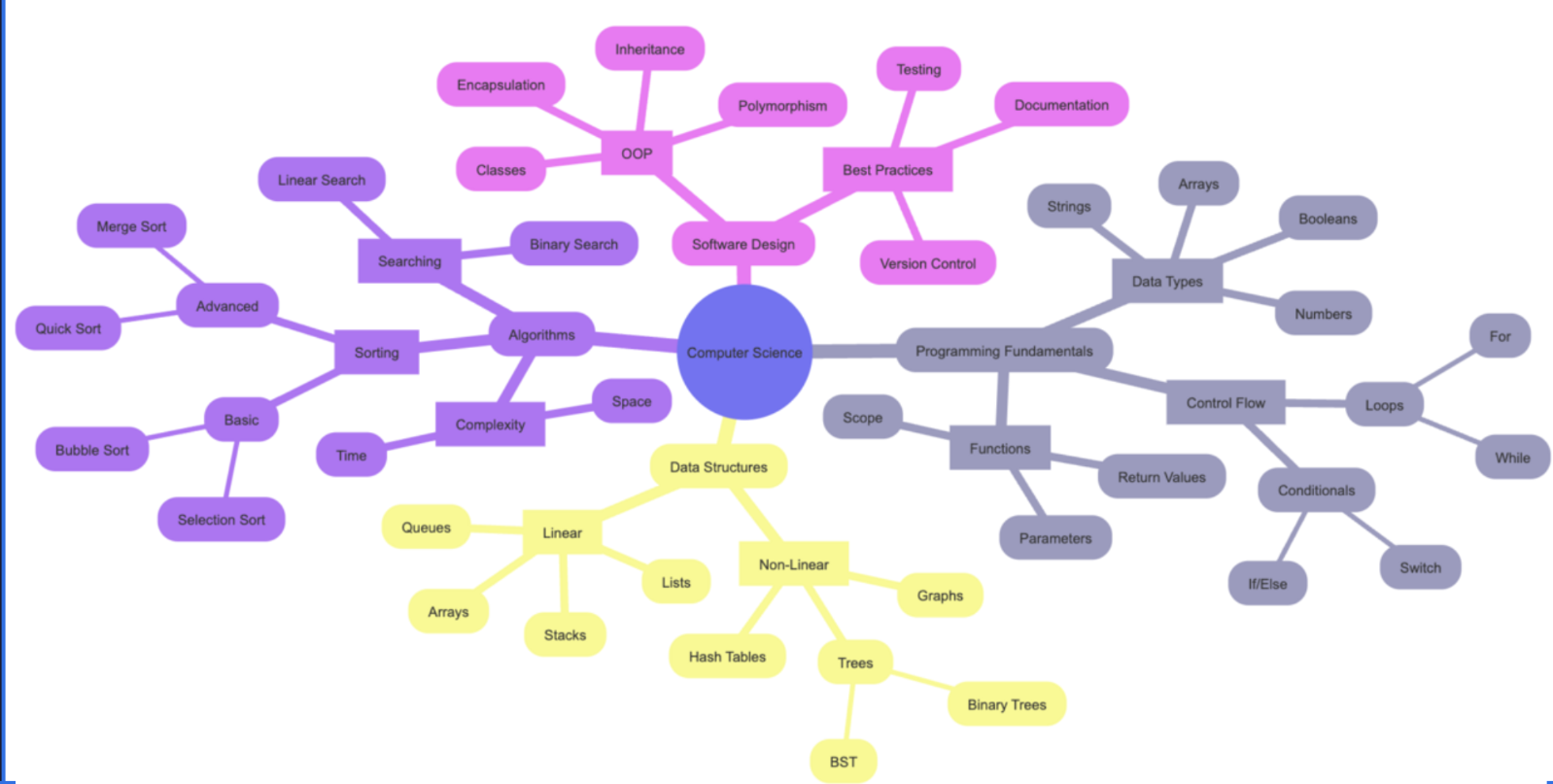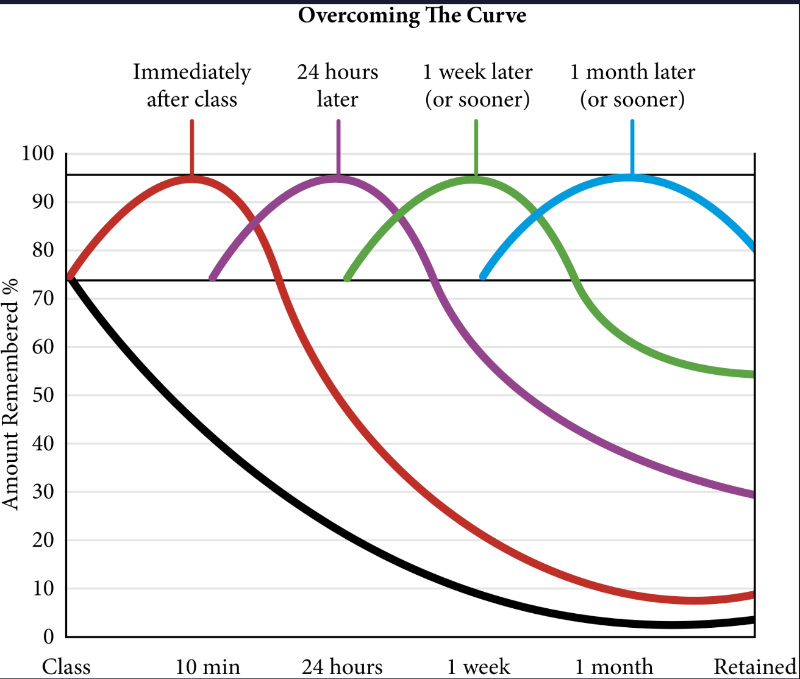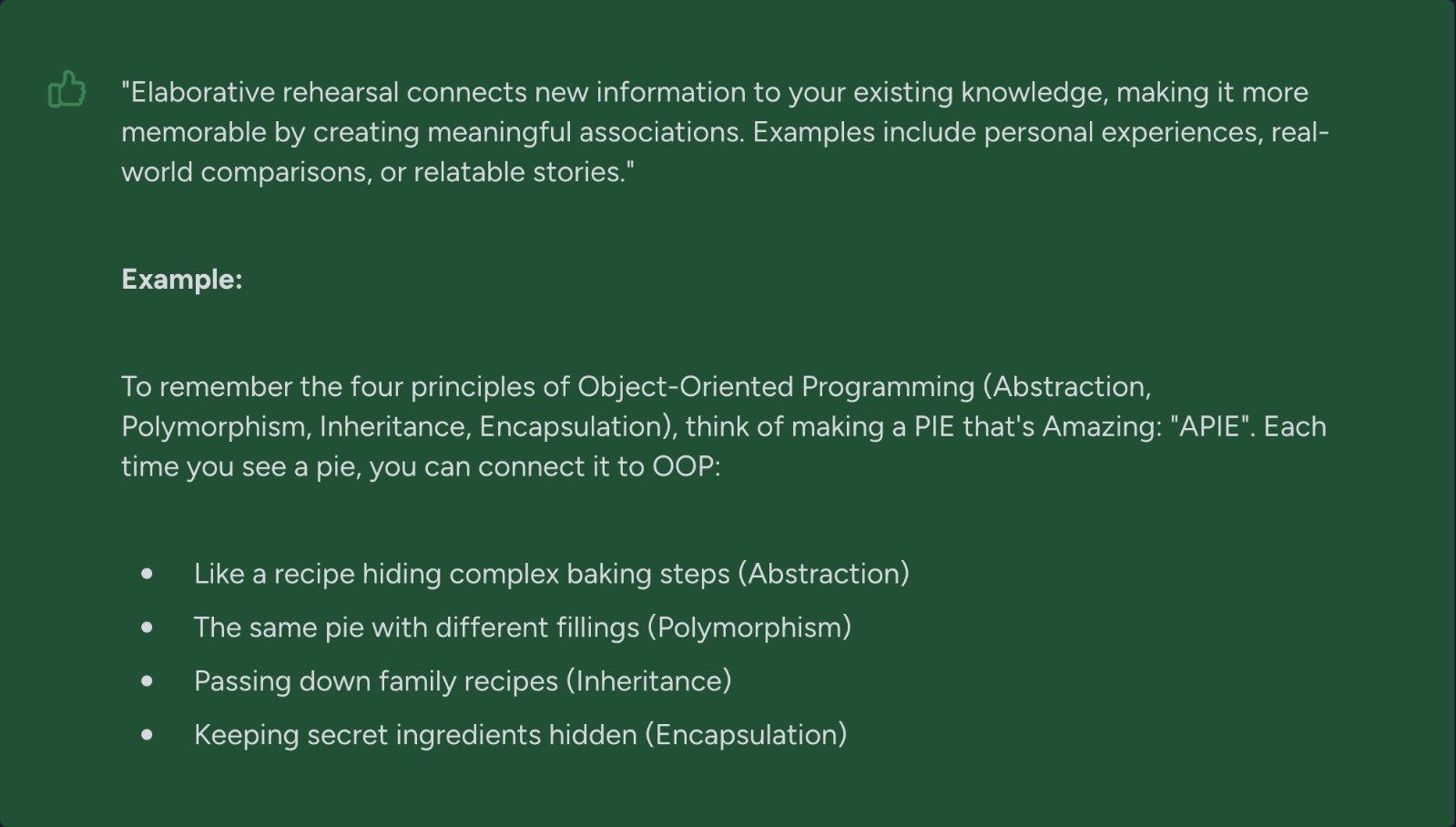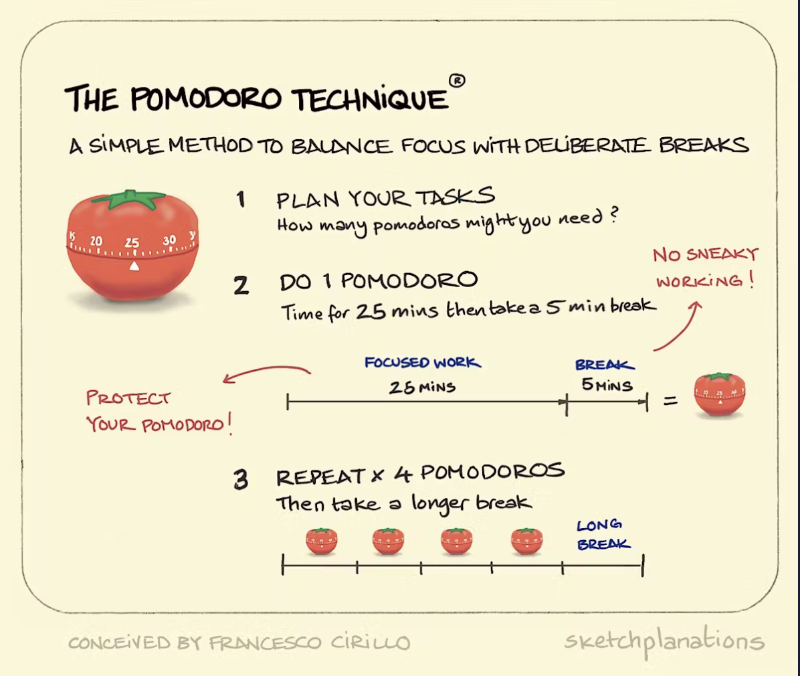Volume 1: Study Smarter, Not Harder: Science-Backed Methods Part-2 ?

Effective ways to Understand Information ??
Active Reading and Note-Taking to Understand, not just revise: ??
Engage actively with the material while reading. Take concise notes as you read, summarising key points, main ideas, and any questions that arise. ??
Use annotation techniques like highlighting, underlining, or margin notes to mark important passages or concepts. ?️?
After each section or chapter, briefly summarise what you've learned in your own words. This act of summarisation reinforces understanding. ?️?
Mind Mapping: Enhanced Approach ?️
Create concept maps or mind maps to visually represent the relationships between ideas and concepts in the material. Brain imaging studies have shown this technique activates multiple memory pathways, making it particularly effective for complex topics. ?

Start with a central concept and branch out with subtopics, connecting related ideas with lines and keywords. This visual approach helps create stronger neural connections. ?
Mind mapping is especially powerful because it combines visual learning with organisational thinking, helping you see both the big picture and detailed connections simultaneously. ??
Effective ways to memorise information ??
Enhanced Spaced Repetition: Science-Backed Method ??

Research on the "forgetting curve" shows that spaced repetition can improve long-term retention by up to 80% compared to traditional studying methods. This technique involves reviewing material at carefully timed intervals: ??
- First review: Within 24 hours of learning
- Second review: After 1 week
- Third review: After 2 weeks
- Fourth review: After 1 month
- Final reviews: Every 3-6 months
Elaborative Rehearsal: Beyond Basic Memorisation ??
Studies show that elaborative rehearsal improves memory retention by 40% compared to rote memorisation. This technique involves:
- Connecting new information to existing knowledge
- Creating meaningful associations
- Generating examples and applications
- Relating concepts to personal experiences

Sleep-Optimised Learning Strategy ??
Research shows studying before sleep improves memory consolidation by 20-30% compared to daytime studying. This is because:
- The brain processes and stores information during sleep
- Fewer distractions interfere with memory formation
- Neural pathways are strengthened during rest
Tips for sleep-optimised learning:
- Review important material 30-60 minutes before bed
- Keep study sessions calm and focused
- Ensure 7-9 hours of quality sleep
- Avoid screens immediately before sleep
Effective ways to apply the information you have studied ??
Problem-Solving: ??
Engage in problem-solving activities or practical questions related to the subject matter you've studied. This is particularly effective for subjects like mathematics, science, engineering, or any field with concrete problem-solving components. ??
Work through real-world scenarios, case studies, or sample problems that require you to apply the concepts and principles you've learned. Solving problems reinforces your understanding and demonstrates your ability to use the knowledge in practical situations. ??
The Pomodoro Method: Scientifically-Timed Focus ?⏰

This evidence-based technique matches natural attention span cycles:
- Study intensely for 25 minutes
- Take a 5-minute break
- Repeat 4 times
- Take a longer 15-30 minute break
- Research shows this reduces mental fatigue and improves focus
Active Recall: Evidence-Based Practice ??
Testing yourself is 50% more effective than passive review. Implement active recall through:
- Self-quizzing without looking at notes
- Creating and using flashcards
- Solving practice problems without references
- Writing explanations from memory
Teaching or Explaining to Others: ???
When you explain a concept to someone else, you need to clarify your understanding and communicate it effectively. Teachers are forced to thoroughly understand the concept they are teaching because they have to explain it to students. ????
You can teach a friend, family member, or even an imaginary student. Alternatively, create educational content such as blog posts, videos, or presentations about the subject matter. Teaching helps solidify your grasp of the material and allows you to identify any gaps in your understanding. ??
Exam-style questions: ??
Using online question banks to find exam-style questions is likely the best way to apply what you have learned as your exams will be in a similar format. Doing questions gets you used to what you may see when your exam comes up. I remember specifically doing many exam questions after studying a topic with active recall and spaced repetition, and the progress I was making was substantial. ???
Optimising Your Study Environment ??♀️
Monitor your most productive times of day and schedule challenging tasks accordingly. Research shows that:
- Most people have peak cognitive performance in the morning
- Complex problem-solving is best done during high-energy periods
- Simple tasks can be completed during lower-energy times
Create a dedicated study space that is:
- Well-lit and ventilated
- Free from distractions
- Equipped with necessary materials
- Comfortable but not too relaxing
Regular exercise and proper nutrition also play crucial roles in learning:
- Exercise increases blood flow to the brain
- Proper hydration improves cognitive function
- Balanced nutrition supports memory and focus
The biggest time waster of studying, NOTE TAKING TO REVISE!! ??
Traditional note-taking often involves transcribing or copying information from a source, which can be a passive and mindless activity. This passive approach doesn't encourage critical thinking or deeper understanding of the material. Some students prioritise taking copious notes, aiming to capture every detail, rather than actively engaging with the content.
This can lead to a quantity-focused approach where the quality of understanding and retention is sacrificed. For subjects with complex or abstract concepts, traditional note-taking may not be the most effective method. Understanding and simplifying these concepts in your own words, rather than just writing them down, can be more beneficial. Taking notes is extremely time consuming when there are other methods out there that take much less time.
I know of people who would spend 6/7 hours a day writing notes as their study method and feeling satisfied with the amount of work they did, whilst others would spend 1 or two hours a day using spaced repetition and flash cards for active recall and they would score better than those writing notes, and have more free time to do something else other than revising.
